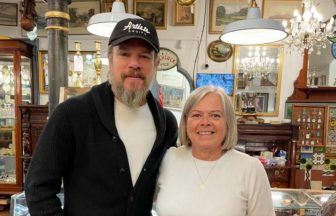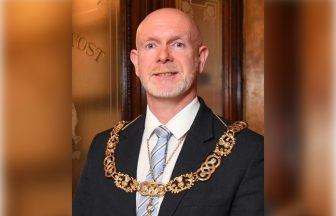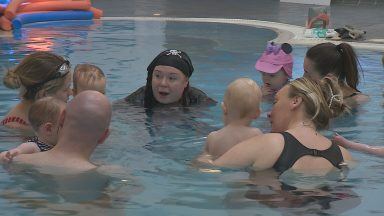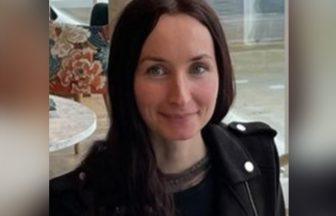Jacqui Dillon was 35 when it felt like her body started to turn against her.
She began suffering from heavy periods, brain fog and severe anxiety, but it was the sudden memory loss that confused her the most.
“I remember going to pictures and watching a movie about a woman who had early onset dementia,” she told Scotland Tonight. “I thought ‘that’s me’. I was forgetting to do things all the time. I was the centre of the family, normally organised everybody and it just wasn’t happening. I was frightened.”
Jacqui went to her GP in search of answers. She had several tests and biopsies done, but doctors weren’t sure what was wrong.
She said: “They said they didn’t quite know what it was but if you’re not having any children we’ll give you a hysterectomy.
“I got sent out of hospital without HRT, without anything. I went from what I think now was perimenopausal to postmenopausal almost overnight and it was horrific. It was the worst. My hair was falling out, I had heart palpitations and I lost control of everything. I was terrified and didn’t know what was going on.”
Jacqui found herself at breaking point, until she opened up to her colleague, Caroline Spalding.
“One day we were in the kitchen, and it just all came out,” she said. “I was like, I’m not coping. I don’t know what’s going on and she said, I think you’re going through menopause and I’m like what’s menopause? What’s that? And that was the start of our journey.”
Caroline started going through perimenopause when she was in her early forties.
She explained: “I had a young son at primary school. And what happened to me was my rage. I started to suffer really badly from rage. Then I started to suffer really badly from depression.
“I had heart palpitations, itchy skin from head to toe. That was an absolute nightmare. What happened to me was, as it was going on, I was thinking it was PMT. It was just getting worse at the time because I hadn’t heard of menopause.”
Caroline suffered from severe perimenopausal symptoms for eight years.
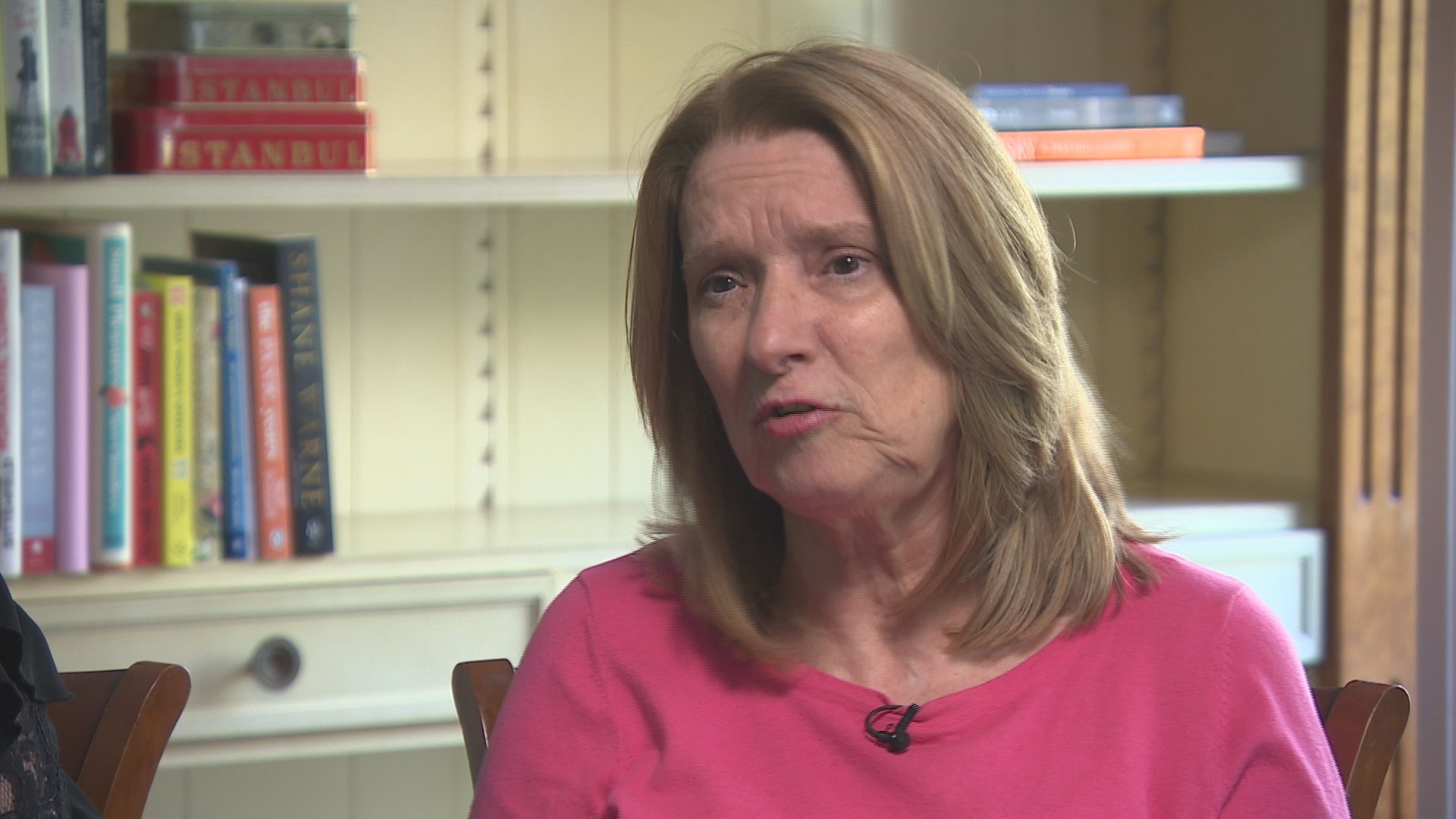 STV News
STV News“I went down to my GP and I said ‘look, I’m having a real hard time here with anger’,” she said.
“My depression. I wasn’t enjoying life. I had no joy. So when I went in to explain the situation, the GP said you’re 45, you’re going to be 50 in five years time. This is going to get a lot worse. I came out of the GPs surgery absolutely devastated because I had no idea what was going on.”
Caroline and Jacqui both struggled to find support for what they were going through.
But they couldn’t understand why, so they took matters into their own hands. Shortly before the pandemic they launched Menopause Warriors Scotland, an online and in-person support group, which now has over 7,000 members.
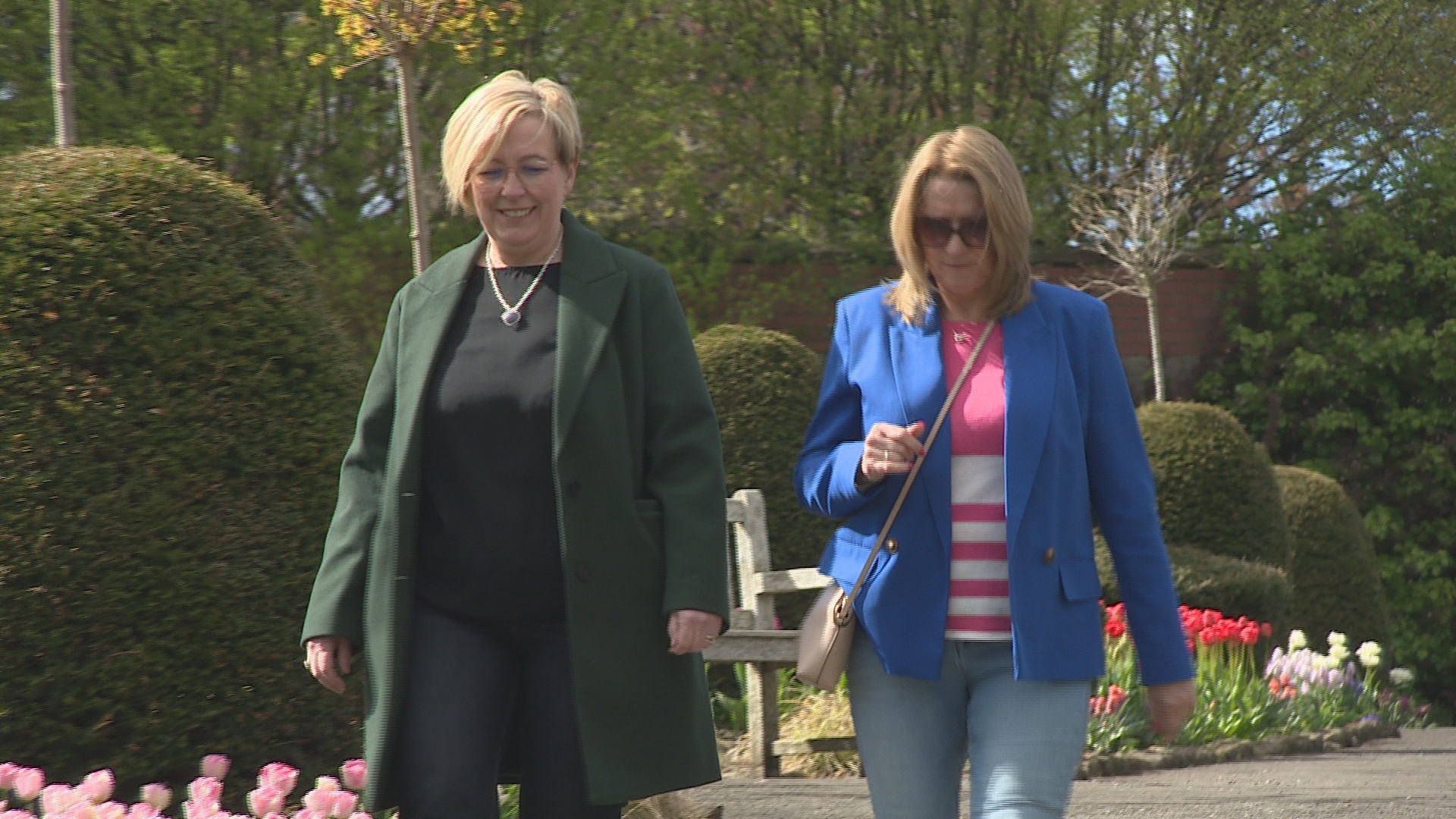 STV News
STV NewsCaroline said: “When you see our support group come in, they’re terrified. They’re worried. They think they have dementia. All these things are going on, but we can guarantee that by the time they leave it’s totally different because they realise it’s normal. There’s help and there’s options.
“It’s amazing, but I still find that quite sad because we really shouldn’t have to be doing this. It shouldn’t be hard for a woman to go into a GP office, have a discussion about her menopause, get the help she needs, and then move on to the next stage of your life.”
For many women, the sessions help to bridge the gap while figuring out how best to manage their symptoms. They’ve been a lifeline for group member, Lorraine, who had a hysterectomy.
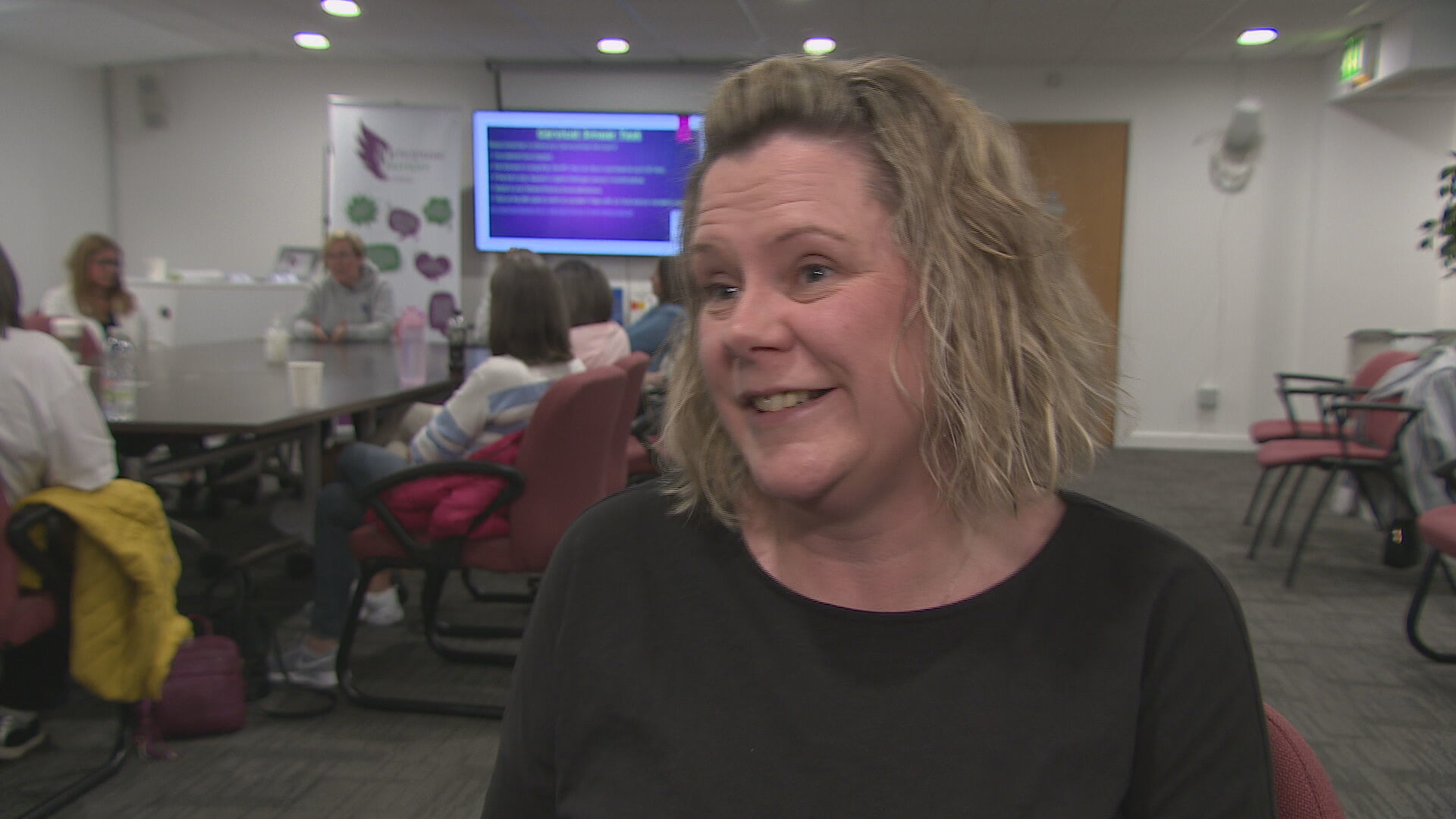 STV News
STV NewsShe told STV News: “I found this group and they’ve saved me. I’m not alone anymore. I felt really lonely up until that point. My husband is an absolute saint and puts up with a lot, but he doesn’t understand it. They understand me. I don’t feel like an absolute pariah when I’m telling them what I’m going through.”
One of the issues many women face is accessing hormone replacement therapy, better known as HRT. It tops up the hormones which start to fall during perimenopause.
But getting a prescription and the right dosage can be a challenge. The NHS does run menopause clinics across Scotland, however Scotland Tonight has found it often takes months for women to get an appointment after being referred by their GP.
Jacqui said: “I think it’s on average about five or six appointments with your GP to get it right, but when they then get pushed to the clinics it can be a wait time of up to 44 weeks and 94 weeks elsewhere. This is totally unacceptable because you’re struggling, you need help.”
Both Caroline and Jacqui agree there needs to be more empathy for women who are going through perimenopause or menopause. They want it to be seen for what it is, a serious medical condition.
Caroline said: “Once you manage it, I actually think this is a great time. I really do. I think this is a fantastic time now, but it’s important that we recognise it, we understand it, and we look after ourselves because you only get one chance at life… Why should we not be enjoying ourselves?”
While waiting times for medical treatment can be significant, many women have turned to alternative activities and lifestyle choices to help ease their symptoms. Holistic practices such as yoga have become increasingly popular among women experiencing the menopause or perimenopause.
Yoga teacher Mari Ward, who runs Mariposa Yoga Nutrition Wellbeing, said regular classes can alleviate the mental and physical toll for many, even if they are also pursuing medical treatments.
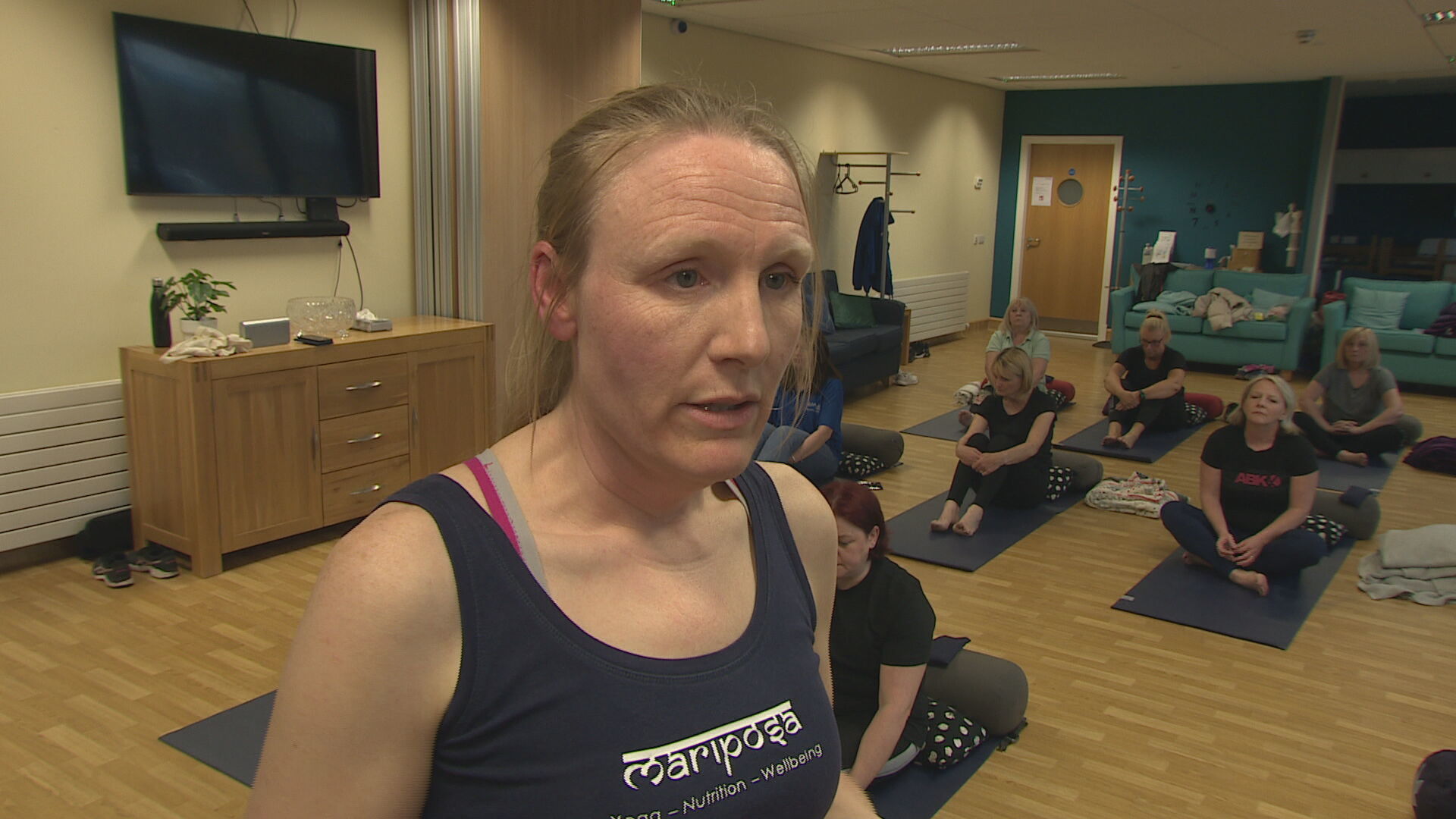 STV News
STV News“The benefits of a yoga class are that you have breathwork which calms the nervous system, which is great for coping with anxiety,” she said.
“You also have the physical practice, which is really, really beneficial for the body and great for joint pain.”
Karen Reville, who takes part in Mari’s classes regularly, said: “Obviously sitting at a desk all day I can get quite stressed, the shoulders go up, you don’t even realise.
“I’ve learned from coming to yoga how to control my breathing so that if I’m feeling stressed or anxious I can bring myself back to where I need to be.”
Mari added: “Women are looking for something that means they can take control back in their life. Even if you are using HRT or you are using other medical interventions, you can use this alongside.
“Women are so busy when we get to this age that everything can seem overwhelming.
“When you’re busy and when you’re stressed in your personal life and your work life, and you have all these biological things going on in the body as well, then it can be really difficult to cope overall.”
Practices such as yoga are even being introduced into workplaces as a means of easing menopausal pressures on staff. From increased anxiety to a lack of understanding among colleagues, menopause can have a significant impact on women’s experiences in the workplace.”
A study by the British Menopause Society, which surveyed 1,000 adults across the UK, found that 45% of women felt menopausal symptoms had negatively impacted their work. The same study also found that 47% of those who needed to take a day off work due to menopause symptoms said they would not tell an employer the real reason.
Mari was invited by Kilbryde Hospice, where she also works as a dietician and nutritionist, to carry out a menopausal yoga class for colleagues. Management at the hospice said it was a step towards greater supporting their workforce – which is dominated by women.
Margaret Mary Cowan, the clinical services director at the hospice, told Scotland Tonight: “I think it’s really important that we have a particular interest in supporting women in our workplace.
“The highest proportion of our staff and volunteers are women, and it’s important for us to recognise the symptoms people can go through.”
For more, watch Scotland Tonight: Managing Menopause, tonight at 8:30pm on STV, and afterwards on the STV Player.
Follow STV News on WhatsApp
Scan the QR code on your mobile device for all the latest news from around the country




